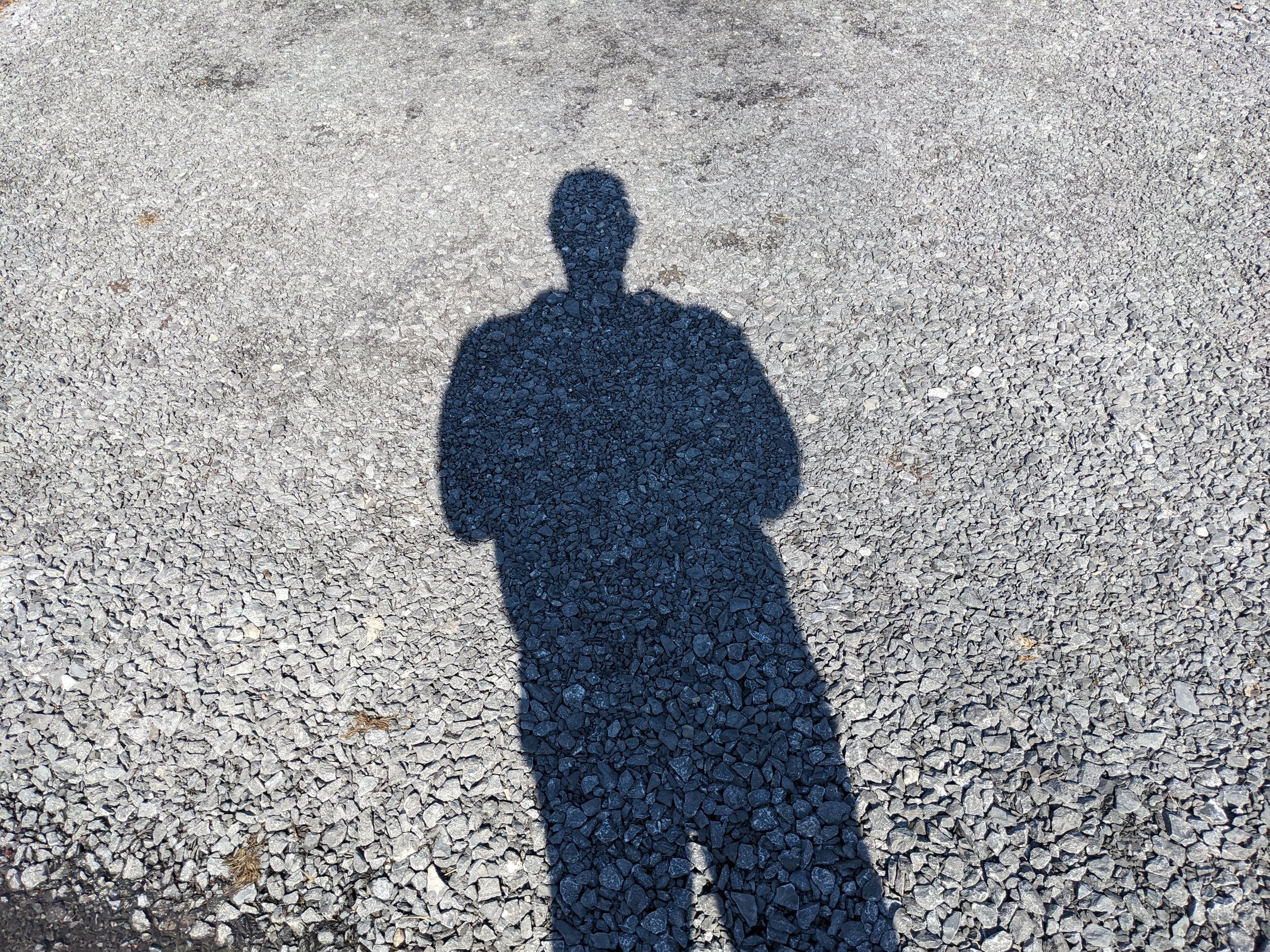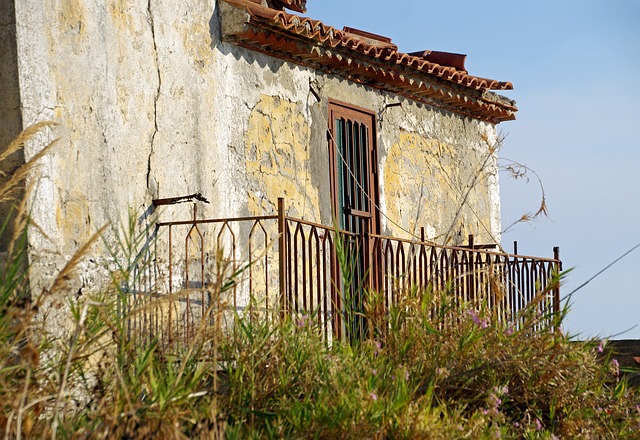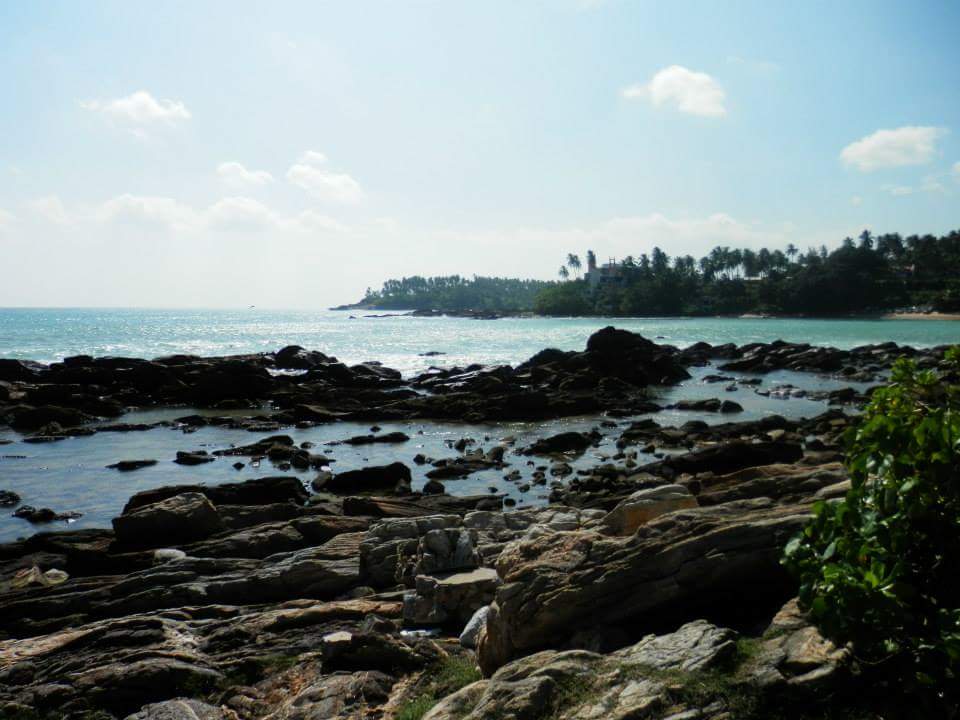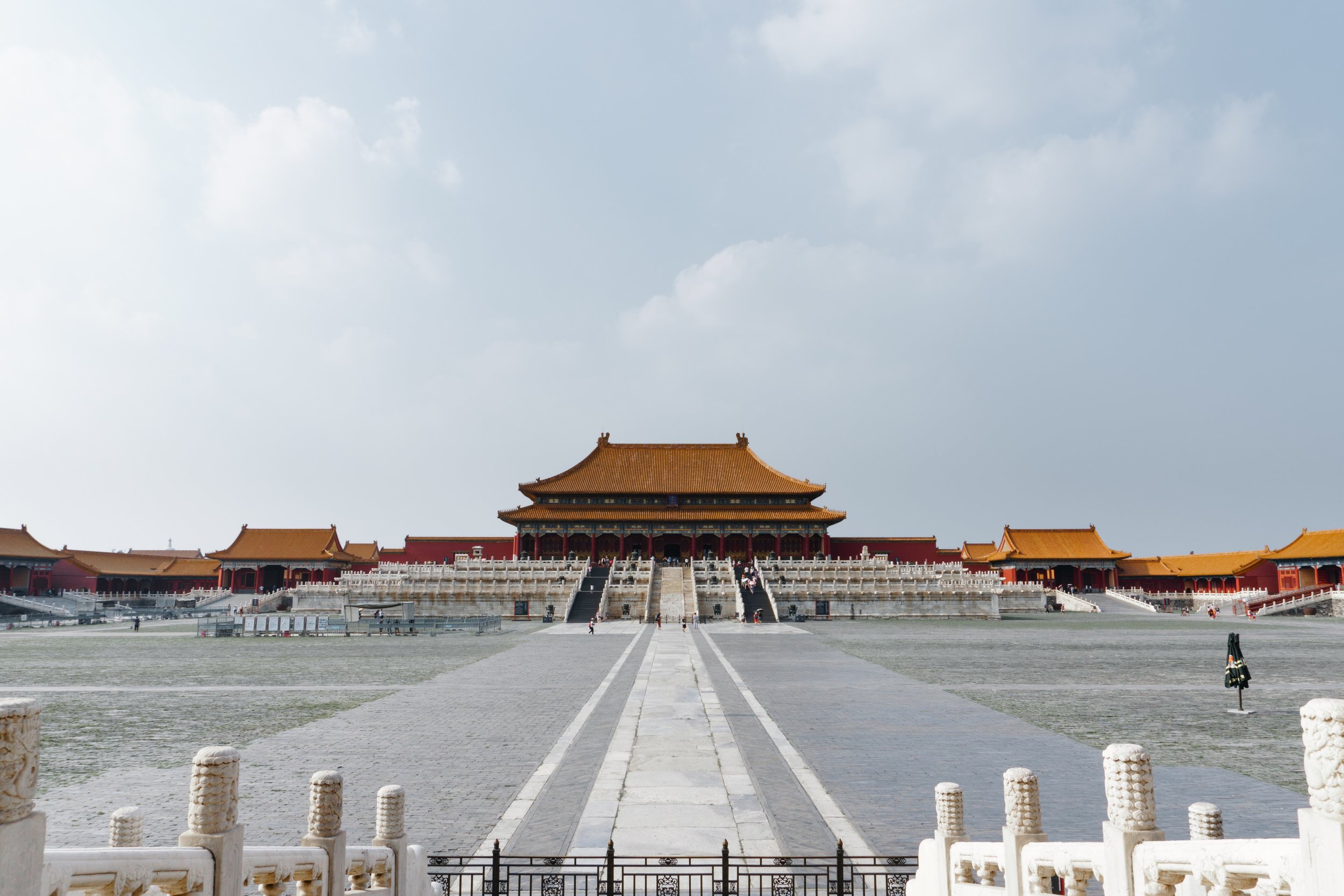Natsukashii
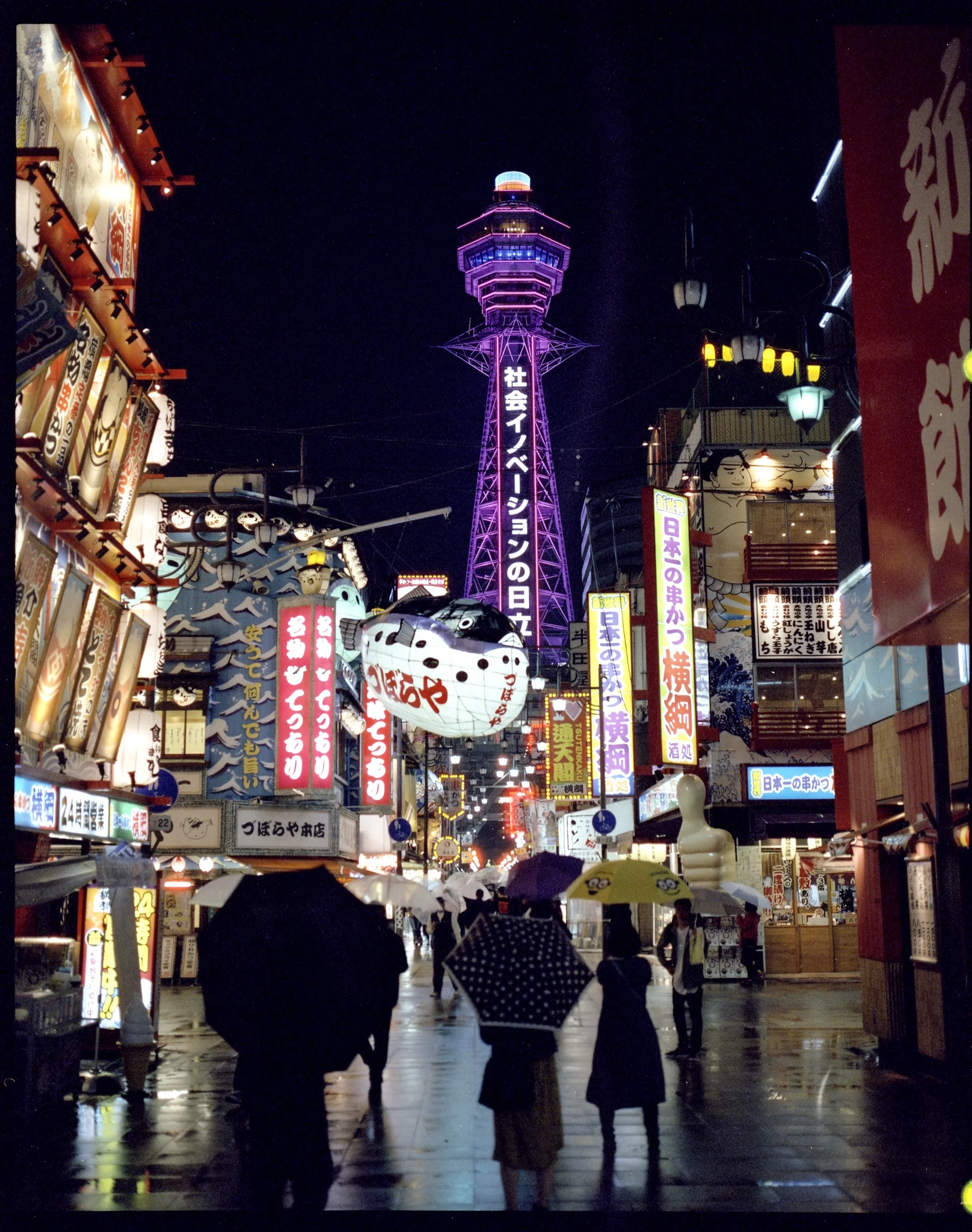
NATSUKASHII
Japanese, adjective.
Nostalgia.
When you are twenty-two, no one tells you that you’ll never be twenty-two again. Ever. No one explains to you that you’ve crashed through adolescence and somehow landed in a very short and charmed phase of your life—a year, two at the most—a phase in which you are a child in grown-up’s clothing. Or, more likely, everyone tells you this and you don’t listen. Or maybe you know—you get it—but you have no idea what to do with this knowledge. Also, when you are twenty-two—and, specifically, when you are me—you know exactly nothing. You’ve read nothing. You’ve seen nothing. On a whim, you move to Osaka to teach English and what you know about Japan could not fill the back of your boarding pass. You are a clumsy personification of Pico Iyer’s maxim that “we travel, in essence, to become young fools again—to slow time down and get taken in, and fall in love once more,” except that you’re young, traveling, foolish, and falling in love for the first time. All things considered, your ignorance turns out to be a good thing; it opens you up.
A decade later (and marginally less of an idiot), I am back in Osaka for the first time since I left seven years ago. Everywhere I go, I’m struck by the oddest memories, if you can even call them that—micro-memories might be a better word. These micro-memories are mostly from my first few months in the country, the big events of which I don’t actually remember very well. But these memories are something else, the accumulated metadata of a great deal of time spent by myself tracing aimless paths through the city’s bonkers, miles-long shopping arcades, and walking its inscrutable neighborhoods with equally inscrutable names. Daikokucho, Namba, Shinsaibashi, Taisho, Umeda; to my own amazement, I can still describe these places and pronounce these words like I know what I’m talking about. I must have been paying attention.
“Do I wish I could go back in time ten years? Yes, but only to do it all again with the knowledge that I will never really be able to do it again—to do a better job of it, essentially.”
I have the bizarre sense, now that I’m back, of being able to—or unable to not—anticipate things just before they happen. I know, for example, walking out of a convenience store, that, without thinking, I will stuff the plastic bag they give me into my pocket because I won’t be able to find a garbage can anywhere on the street. I only realize I’ve done it after it’s been done. I recognize the nursery-school jingle being pumped from a recycling truck before I really hear it. I know that the light of a certain vending machine will be flickering before I see it, just as it was ten years ago. I brace for the warm blast of air heavy with salt and fat just as I’m walking into my old ramen shop. These are things I don’t remember perceiving; things you don’t notice noticing. Once my memory is jogged, I am not surprised that I remember what I do with such clarity; I am amazed at how much I’ve forgotten.
From my hostel, which is on the same block as my old apartment, I start walking and within seconds I have the spectral feeling of being near to my twenty-two-year-old self. Stepping inside a bakery I used to visit almost daily, I tell the woman behind the counter that I remember coming in here all the time about ten years ago. My Japanese is terrible and she thinks I’m asking her if she remembers me, which she doesn’t and for which she apologizes. No, no, I explain. I remember.
“Ah,” she says. “Natsukashii ne.”
“Hai. Natsukashii,” I say, dragging the words knee-jerk out of my brain and into my mouth.
I know what it means, roughly. But later I look it up anyway and fall deep into a rabbit hole of blog posts, Japanese language boards, and online dictionaries. The definition is not what I thought it was, or not exactly. I would have said it’s like nostalgia, and for lack of a perfect English translation, many people would say the same and use it to denote a kind of wistfulness for the past. But while the difference is minor, the nuance, as I understand it, is lovely: Where nostalgia expresses a longing to return to a time or place when things were good, it is tinged with melancholy, even sadness and anxiety. (Indeed, the word comes from the Greek nostos, meaning homecoming, and algos meaning pain, and was first used to diagnose a medical condition of homesick soldiers). Natsukashii, on the other hand, is often absent this gloominess and suggests something slightly different: a happiness to be remembering a happy memory.
In Osaka, I am squeezed somewhere in the space between nostalgia and natsukashii. Do I miss the city? Of course—at the moment even more so. Do I wish I could go back in time ten years? Yes, but only to do it all again with the knowledge that I will never really be able to do it again—to do a better job of it, essentially. Mostly, I am thrilled to wander among my recollections in a city I adore. We often say of the places that mean the most to us that we have a lot of good memories there. But more and more, I’m convinced it’s the place itself that holds the memories—for safe keeping and for as long as it can. For you, whenever you finally decide to come back.
ABOUT THE AUTHOR
Jonathan Arlan is the author of Mountain Lines: A Journey through the French Alps, which the New York Times kindly called a "disarmingly engaging memoir by a millennial Kansan." His writing has appeared in The Millions, Perceptive Travel, Adventure.com, and elsewhere. He is currently based in his hometown, Kansas City.
Header photo by Chase Castor.


